PURE MATERIALS
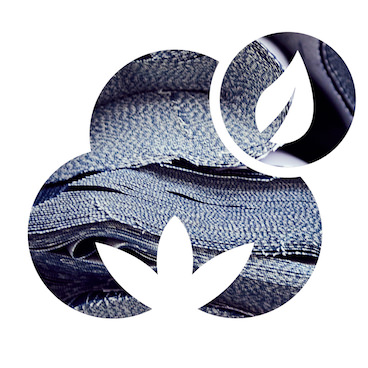
Organic Cotton
All the cotton we use is 100% organic cotton. Organic crops are grown without the use of chemical fertilizers, pesticides and insecticides. Organic cotton is 100% pesticide free. Pesticides pollute soil and water, killing wildlife and harming communities. Creating organic cotton yarn reduces CO2 emissions by 60% compared to conventional cotton. Read more about the kind of organic cotton that we use here.
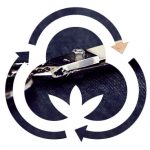
RECYCLED COTTON
Since 2012 we have been using recycled cotton in our denim fabrics. Used cotton is shredded and re-spun into a new one-of-a-kind yarn. Recycling greatly reduces the water, energy and chemicals needed to produce new fibres. A part of our 2017 denim collection consists of 13% and 29% recycled cotton. We aim to use more recycled cotton fabric in the future.
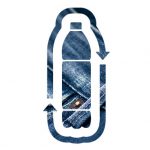
RECYCLED POLYESTER
Plastic bottles are collected, shredded and re-spun. This saves over 75% of the greenhouse gas emissions and more than 90% of the human-toxic chemicals needed to produce virgin polyester. Furthermore recycling PET stops plastic from polluting the land and oceans, and it gives a soft and smooth look and feel to the fabric. We always choose recycled polyester over virgin polyester if possible.
![]()
Post-consumer recycled denim
PCRD stands for Post-Consumer Recycled Denim, which means that the cotton which is being used for new jeans, has already had a full life. It has been produced, worn and discarded. After cutting off the top of the jeans the remains are shredded and then blended into new yarns. Fewer clothes will end up in landfills and fewer chemicals and water are needed for cotton production and fabric dyeing. This reduces the impact majorly. Increasing the use of PCRD is part of the Global Fashion Agenda commitment we signed. Discover our PCRD jeans here.
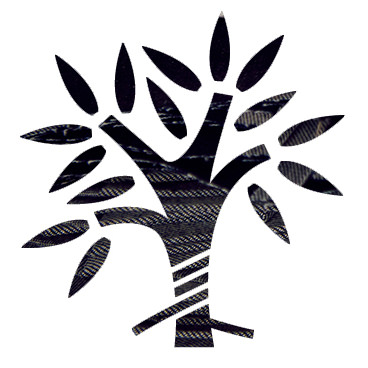
TENCEL
Tencel is made from eucalyptus wood pulp. In production over 99% of the solvents and chemicals used are captured and recycled. Making Tencel fibres reduces greenhouse gas emissions by almost 50% and water consumption by 90% versus conventional cotton. It feels soft, doesn’t crease and is durable.
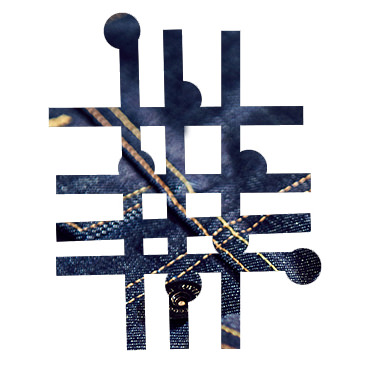
LINEN
Made from the flax plant, it’s one of the strongest fibres known to man – and the oldest. Making linen yarn requires few pesticides, and reduces CO2 emissions by 30% and water use by 90% versus conventional cotton. It has a fresh, crisp and richly-textured feel.
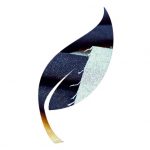
VEGAN
Most jeans are finished with a leather patch on the backs of their jeans. We decided to stop with the use of leather on our jeans since 2016. We replaced the leather patch for a patch made of jacron. Jacron is made of recycled paper. It’s a washable – recycled – and very resistant material and makes nearly all Kuyichi jeans vegan. Not only is this a beautiful substitute, but they are also less polluting than the leather ones.
PURE COLORS
![]()
LASER
A lot of water is needed to produce denim. Not only for the production of cotton but also in the dyeing and finishing process. To reduce the use of water, power and chemicals, our suppliers make use of laser washing techniques. It also has other benefits, because it increases the fabric strength by 50% and the workplace efficiency by 500%. Read more about laser techniques here.
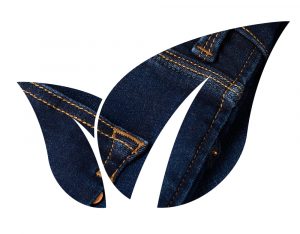
NATURAL INDIGO
The color indigo has a rich history. Natural indigo is one of the oldest colors used for dyeing textiles. Blue pigments – from blue plants – were rare and therefore it was an expensive color. In the 19th century synthetic indigo was developed which made it cheaper to use. Unfortunately, synthetic pigments cause way more pollution, as these pigments don’t biodegrade and therefore the water needs to be filtered with care. Our first wash with natural indigo is the Herbal Blue.
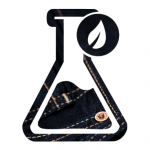
ozone
This technique can bleach down fabrics without the use of any bleach, stones or chemicals. It can be used to replace finishing processes like polluting stone washes. This technique transforms atmospheric air into Ozone, after which the machine starts tumbling to give the garments their natural worn-in look. When using the Ozone technique, water, power and chemical savings are huge! Get to know everything about Ozone techniques here.
PURE CERTIFICATES
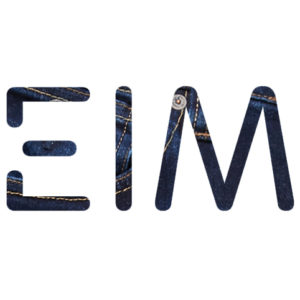
EIM SCORES
EIM stands for Environmental Impact Measuring. This tool is developed by Jeanologia, a company which develops machines and sustainable technologies for the fabric and garment finishing industry. EIM makes it possible to calculate the exact water, energy, chemicals and worker impact of our pure goods! At this moment the EIM Scores are only focussed on the finishing process, however, Jeanologia is working on a measuring tool for the dyeing process as well.
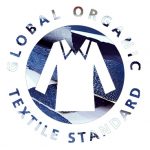
GOTS CERTIFIED
All the cotton we use is GOTS certified. GOTS stands for the Global Organic Textile Standard. This is a global textile standard for organic fibers, which also includes ecological and social criteria. The aim of the standard is to ensure organic standards – everything from the harvesting, through the manufacturing process to the labeling – in order to offer a credible global certificate to the consumer. Read more about our choice to only work with GOTS certified organic cotton here.
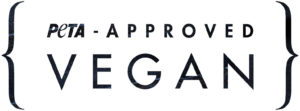
PETA APPROVED
We’re very proud to that almost all of our Pure Goods are officially PETA approved! PETA provides companies and consumers with a list to identify and avoid animal ingredients in textiles, shoes and accessories. To ensure our suppliers are compliant with the PETA certificate, we provide all our suppliers with our own questionnaire which they have to check and sign to confirm that they do not use animal contents in the garments with the PETA approved trademark. Because of this questionnaire we know exactly which of our products are vegan and which aren’t.



